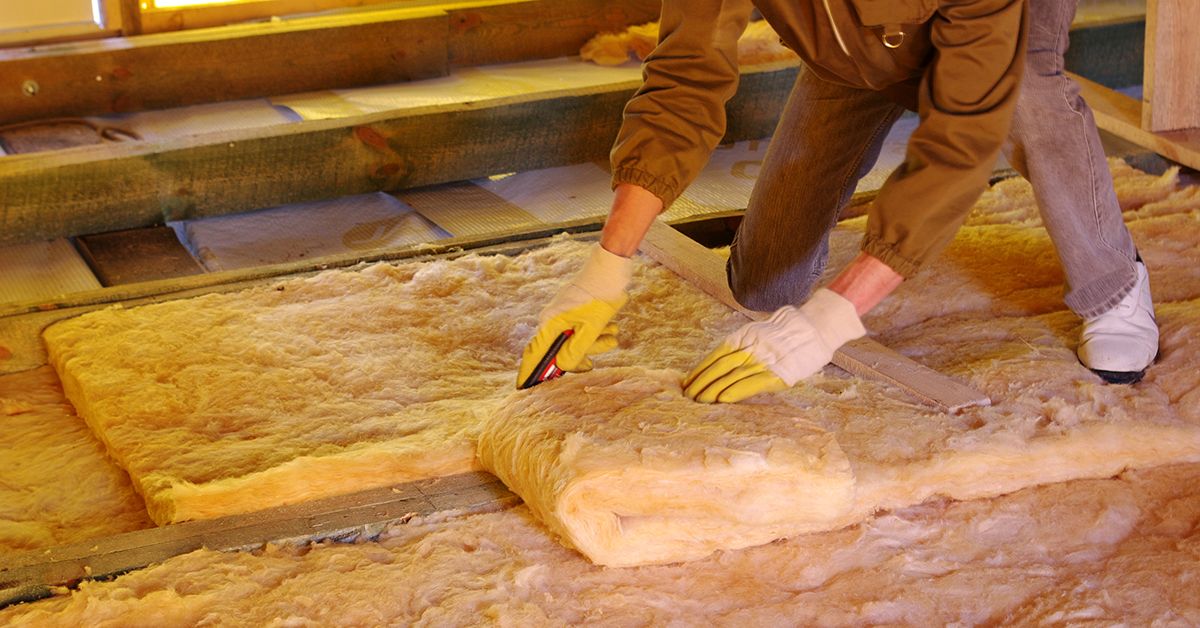Any existing batt or roll insulation in your attic needs to have the facing against the attic drywall floor or no facing at all.
Best insulation to use in attic over existing insulation.
Both can be added to uninsulated attics or layered over existing material.
Loose fill or batt the common term for blanket insulation.
Any new batt or roll insulation installed over existing insulation in the attic needs to be without a vapor retarder face.
Whether you live in a warm weather state as i do or in a cooler northern climate it s hard to stay comfortable and keep your energy bills in check if you don t have adequate insulation in the attic.
Rolls and batts are produced of mineral wool and fiberglass.
When the time comes to sell your home a well insulated attic is a plus.
There are other materials and systems that you can use to insulate your attic.
Once you ve decided which type is best for you examine the material options and prices to home in on the right product.
The vapor retarder on top of or between layers of insulation can trap moisture.
R value is a measure of insulation s ability to resist heat traveling through it.
The table below shows what levels of insulation are cost effective for different climates and locations in the home.
Check the attic walls and floors adjacent to an unheated space like a garage or basement.
I d blow insulation on the attic floor after air sealing of course.
It s generally 3 to 4 times what you ll pay for blown cellulose or fiberglass.
Among commonly used types of insulation there are mineral wool or fiberglass rolls and batts rigid fiberglass board loose fill materials cellulose mineral wool etc.
Modern technology of blanket insulation today is considered the best insulation for attic.
To install fiberglass batts over existing insulation lay the batts perpendicular to the joists so they do not compress the insulation below.
Best of all insulation is relatively easy to install and the average attic can be completed over the course of a weekend.
It is vital that any new batt or roll insulation that is installed over existing insulation in the attic be without vapour retarder.
For diy attic insulation you ve got two choices.
The structural elements are usually exposed in these areas which makes it easy to see what type of insulation you have and to measure its depth or thickness inches.
The vapour retarder on top of or between layers will trap moisture.
Insulation level are specified by r value.
Faced insulation should not be placed on top of existing insulation in the attic.
The big disadvantage with spray foam is cost.















































